Realme has some reasonably priced audio products in their lineup. Their Realme Buds Air 6 Pro (review) was an instant recommendation from me in the Rs 4,500 price range. But headphones are one category where they haven’t made a dent. So when I learned that the company was launching their new over-the-ear headphones, I was exuberant. What do I have to say after using them for a week? Continue reading to find out in this review of the Realme TechLife Studio H1.
What’s in the Box?
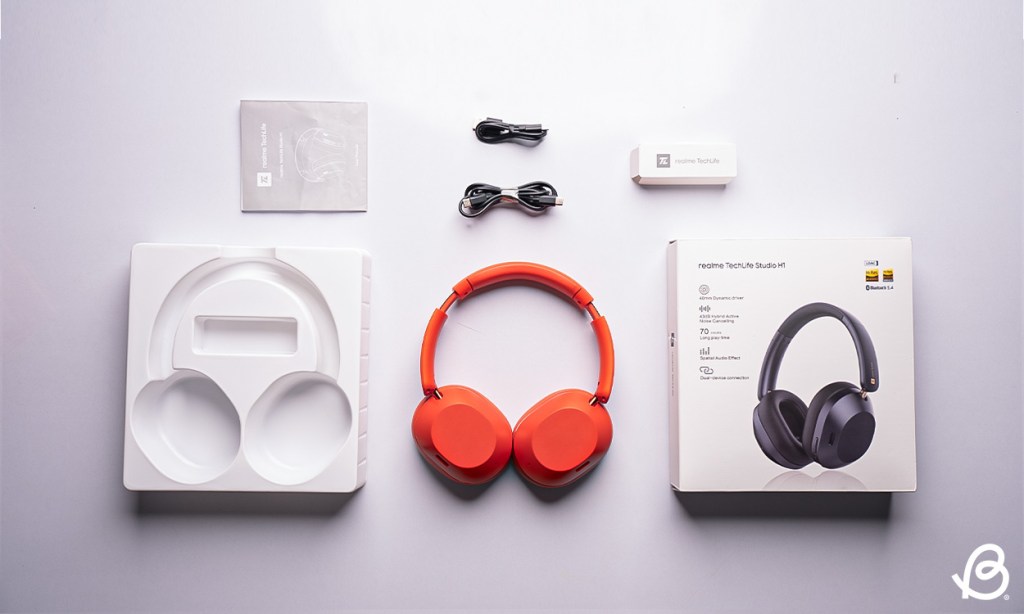
The Realme TechLife Studio H1 only comes with the essentials in the box. Here are all the things you’ll get:
- Realme TechLife Studio H1 headphones
- USB Type C to C cable (Audio transmission only)
- USB Type A to C cable (Charging)
- Instruction manual
Realme TechLife Studio H1: Design And Fit
Going into the design aspect, you can already tell they look similar to other headphones from a different brand. The design of the earcups is quite identical to Sony’s WH-XM5. That’s not where the similarities end, the paint job also looks something out of CMF by Nothing’s factory. Then there’s the that they are rebranded versions of another headphone, but I wouldn’t dive much into it.
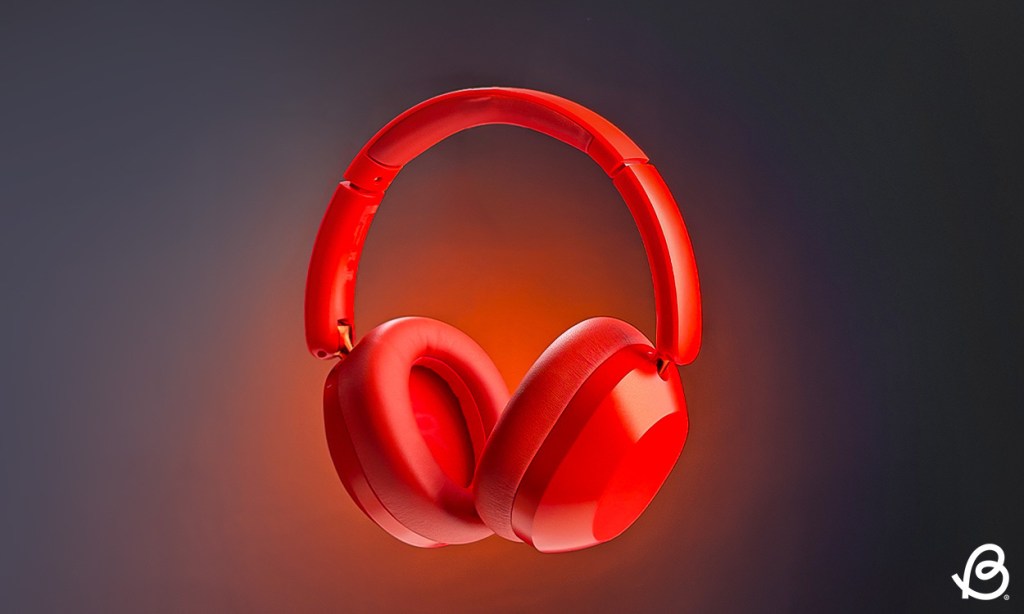
These are closed-back headphones with a sturdy plastic build and vegan leather cushioning on each earcup and the bottom of the headband. I actually like the cushioning given here, as it’s memory foam material, and doesn’t stick to my skin when sweating which is something I have experienced with headphones in this range.
The earcups have a hinge and a 90-degree swivel rotation. I wish Realme added a bit more range on the hinge joint which would make it easy to fold them to keep them in my bag when it’s raining outside. Talking about rain, there is no mention of an IP rating for dust and water protection.
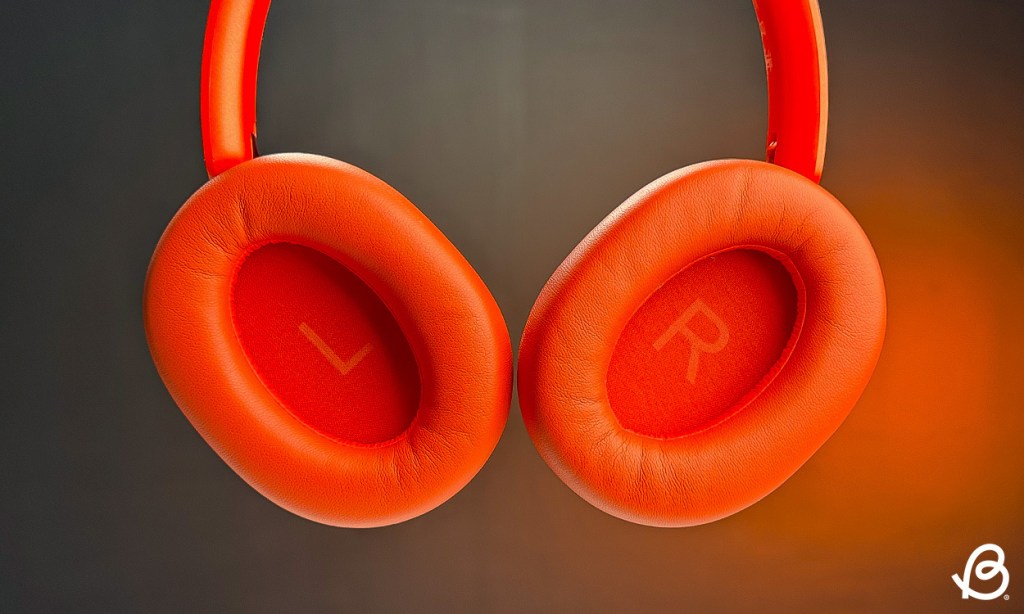
The earcups themselves are on the larger side, which has its pros but also cons. Let me explain: When I am wearing the headphones, the larger size offers a spacious fit for my ears. It doesn’t feel cramped, neither do my ears hurt after a while, which is something I felt when testing Anker’s Soundcore headphones.
But on the other side, having them around your neck can be a bit uncomfortable, due to the size of the cups. At one point, I just took them off and held them in my hands on my walk back home. Fit is something that differs from person to person, so your experience can be different from mine.
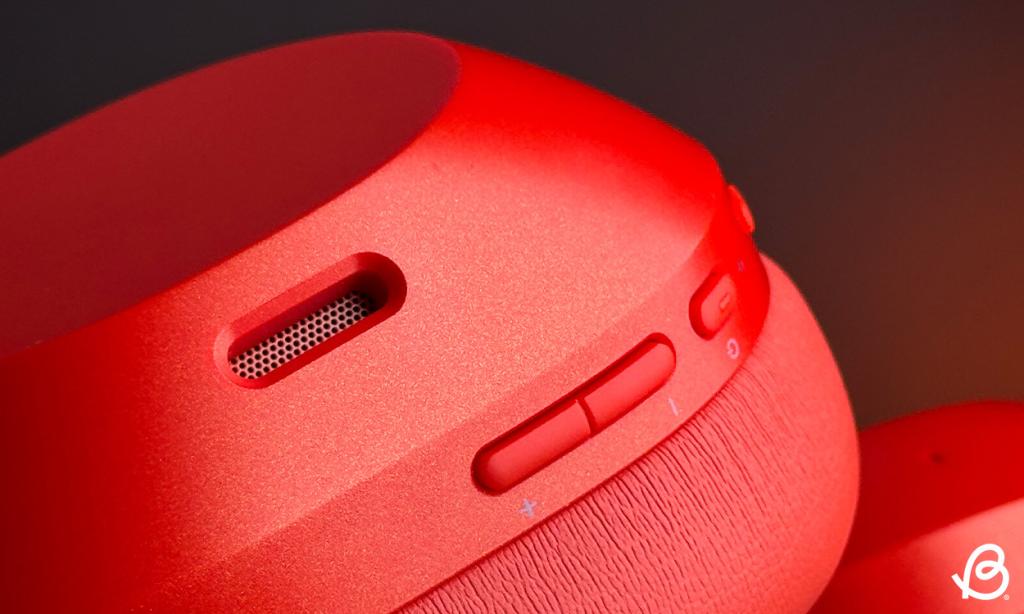
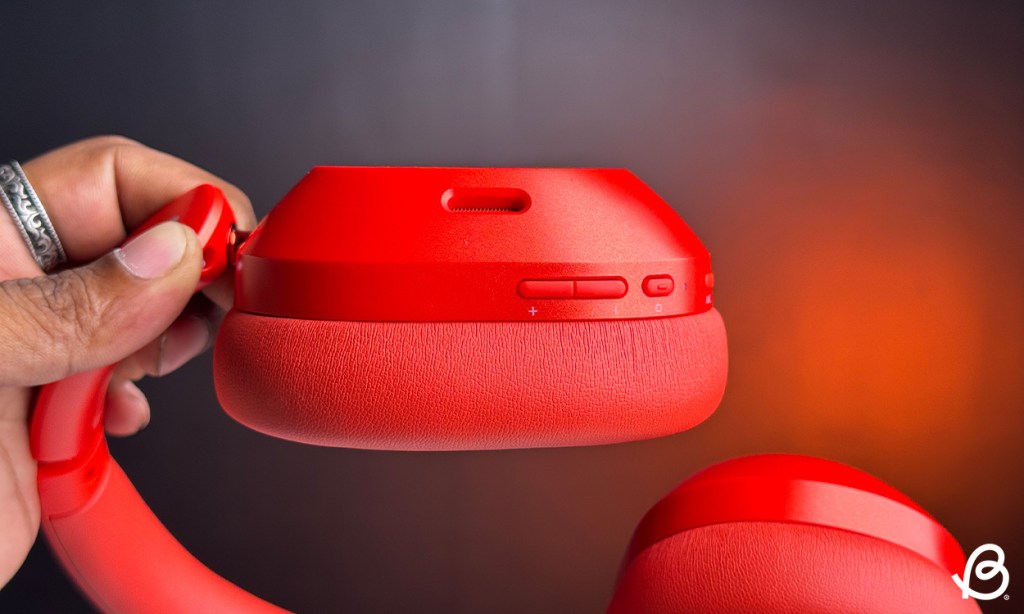
Realme TechLife H1 doesn’t have companion app support. So all the controls are accessible right from the buttons at the bottom of the right earcup. There’s a USB-C port for charging and audio and an ANC button that you can use to enable LDAC and spatial audio. Then there’s the power and the volume rockers. The arrangement is pretty convenient, as you grow into it pretty easily, which I did within a day.
Realme TechLife Studio H1: Sound and Mic Quality
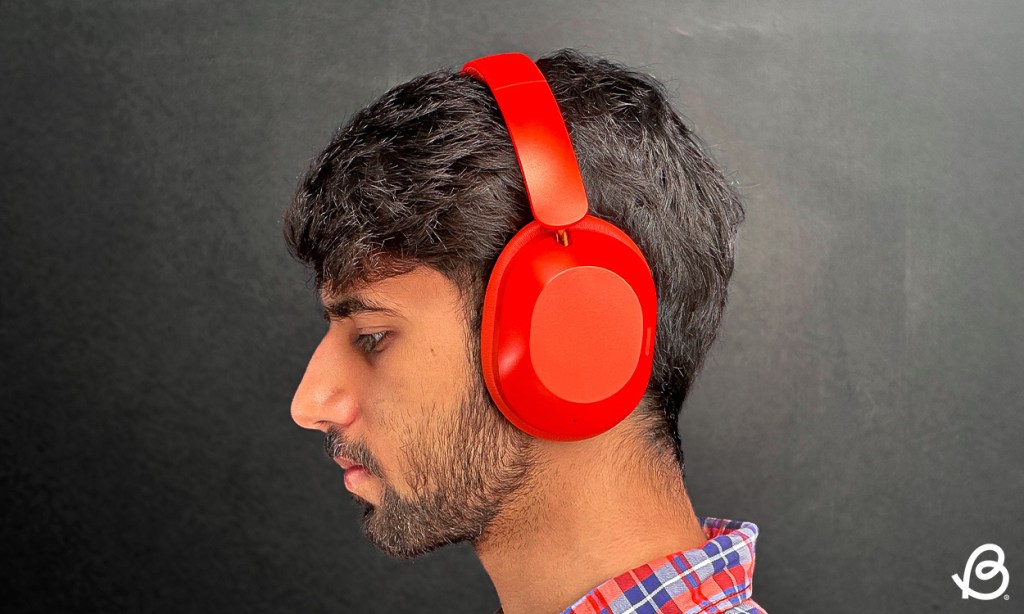
The TechLife Studio H1 is pretty well-tuned in terms of audio quality. They have kind of a warm sound signature with what I think is a U-shaped curve. This means both bass and treble are elevated, while the mids are slightly recessed. The 40mm diaphragm provided in these headphones does its job well, and the LDAC support offered here is just the cherry on top.
This was evident when listening to “Hooked on a Feeling” by Blue Sweede. The vocals kept getting overpowered by the background sound and instrumentals. The sound stage doesn’t feel open, but there is good instrument separation in the tracks like Tushar Lall’s version of the “Interstellar theme song“. As I said, the treble and the bass levels are high, but in a full-bodied kind of way. So people sensitive to high frequencies won’t have trouble listening to songs on Realme H1’s.
As far as the bass goes, there is ample sub and mid-bass present here, though it lacks that “oomph” that many bass lovers enjoy. I tried several bass-heavy songs on these headphones and the sound was quite balanced. The lower frequencies shine when you crank up the volume, but never overpower the singer or the background instruments. So, I wouldn’t recommend them to anyone who wants a stinky, throbbing bass experience.
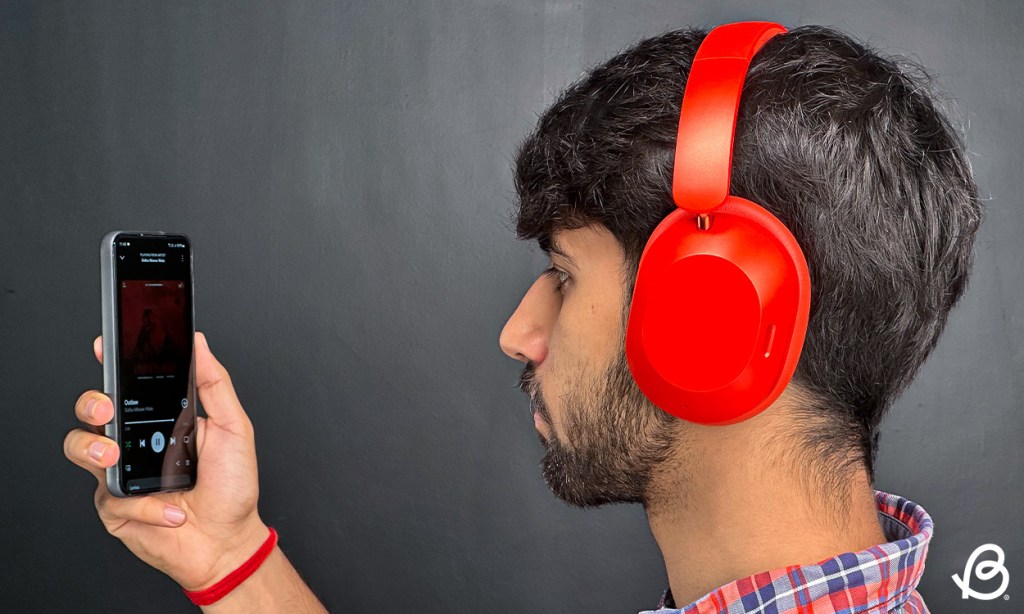
The lack of a companion app does hurt, as I can’t tweak the EQ to my liking. So I downloaded the Wavelet app to increase the recessed mids, for a clear vocal experience which I love for my Bollywood tracks, and it did help out a bit, but it’s hard to push down the other two frequencies. I am not making any claims, but they are capable options that I can recommend to anyone who prefers a balanced music experience.
Oh! I also tried their 360-degree Spatial Audio Effect, and like most earbuds in this price range, it is nothing but a gimmick. Firstly, there is no indication if they are on or not. There is only a “beep” sound, then there is hardly any shift in the audio. I tried several tracks, shows, and videos and movies but couldn’t make much of a difference if any.
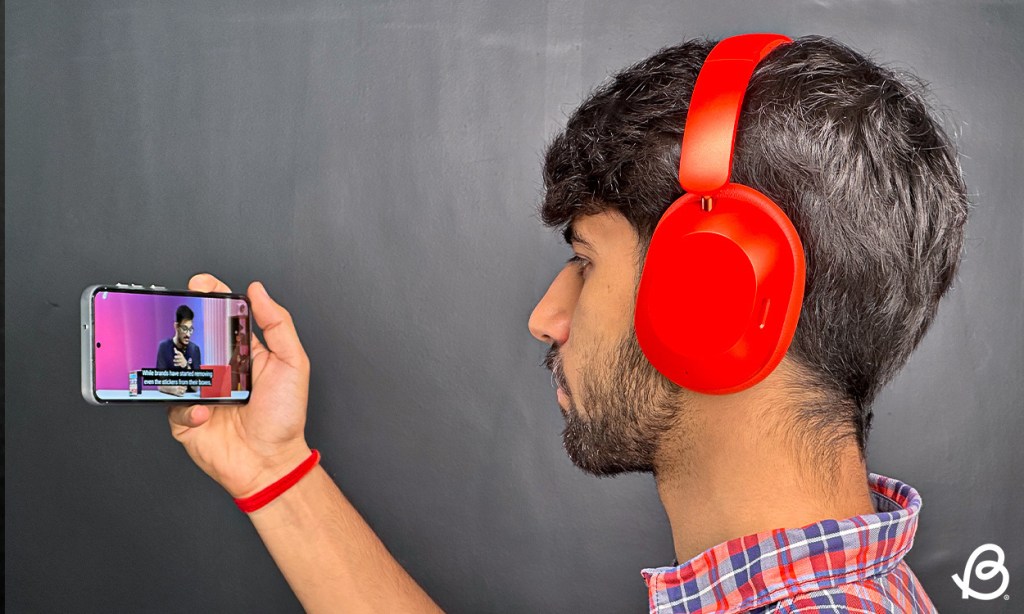
These Realme headphones also have two mics on each earcup, and the mic pickup is pretty average. There was a lot of background noise, so much so that the person on the other end couldn’t listen to what I was saying. Realme says in their marketing material that they have implemented some sort of “Call Noise Cancellation” but I don’t think it’s working. I had so many issues with people not being able to understand what I was saying that I stopped using them for calls after the first two days.
Realme TechLife Studio H1: Noise Cancellation and Transparency
The Realme TechLife Studio H1 comes with 43dB of sound cancellation. This isn’t much when you compare it with Realme’s own TWS that have 50dB of ANC. That is why I was skeptical about these. But here’s the thing, most of the sound cancels out as soon as you wear these headphones. There is little to no sound coming from outside even when listening at 30% volume, even when ANC is inactive.
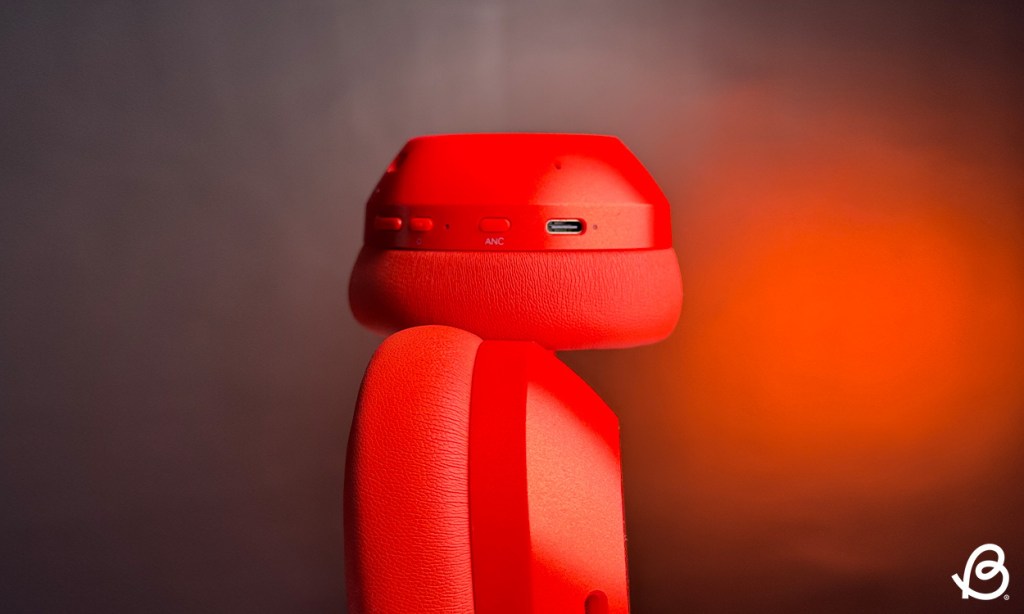
The cushions create a pretty good seal that keeps out most of the environmental sound. However, when you want to turn on ANC, you need to press the dedicated button at the bottom of the right ear cup next to the USB-C port. Turning it on enhances the experience. But I feel it particularly benefits users who have sensitive ears and often listen to music at very low volumes.
The transparency mode is a bit meh. They suffer the same issue as the CMF Buds (review) where there is no difference between the two. I kept wondering whether I had transparency on or not, just to find out it was active already. And it didn’t help me listen better to the surrounding environment. That is why I resorted to putting down the headphones instead of switching the modes.
Realme TechLife Studio H1: Connectivity and Battery Life
In terms of connectivity, the TechLife Studio H1 comes with Bluetooth 5.4, support for Google Fast pair, and dual device connection. The first two work pretty well, but the dual-device connection was a bit dodgy. I kept having to reconnect with the other device. So, having two devices connected at the same time was a chore. Sometimes they both stayed connected, but these instances were few and far between.
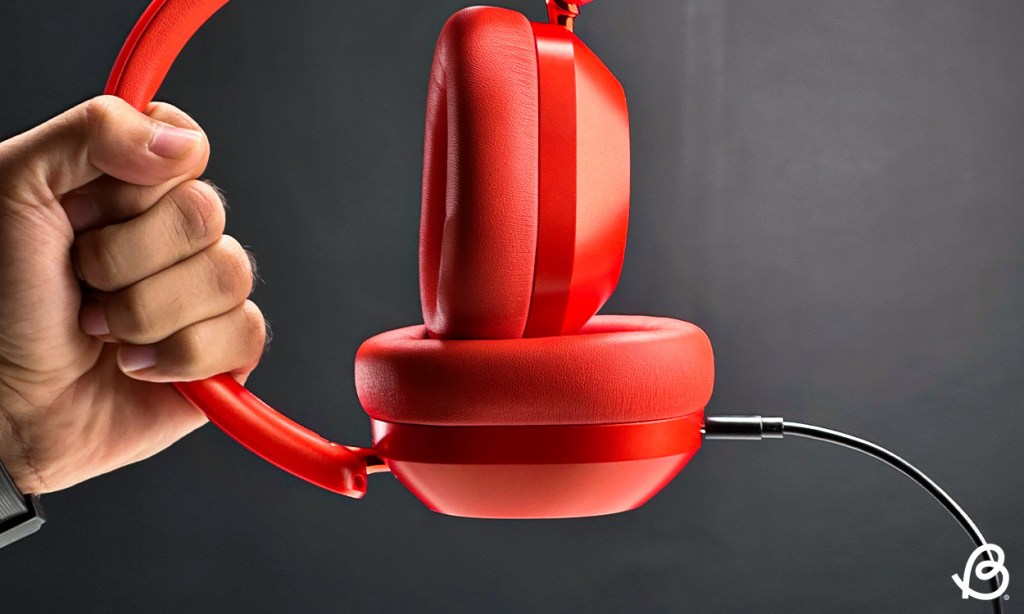
As far as the battery goes, Realme claims 70 hours of battery life and I couldn’t judge their claims because it’s been a week I have been using them, and they are still sitting at 50%. So I guess It’ll take me another week for usage to drain them to 0. This is impressive, I can easily imagine taking them on a trip with me without worrying about charging them.
And in case they do die out, there is a USB-C to C cable provided in the box that I can use to continue listening to music. It is pretty smart on Realme’s part that they shipped a USB-C cable instead of a typical aux one because smartphones have completely wiped off the 3.5mm jack these days.
Verdict: Should You Get Realme TechLife Studio H1?
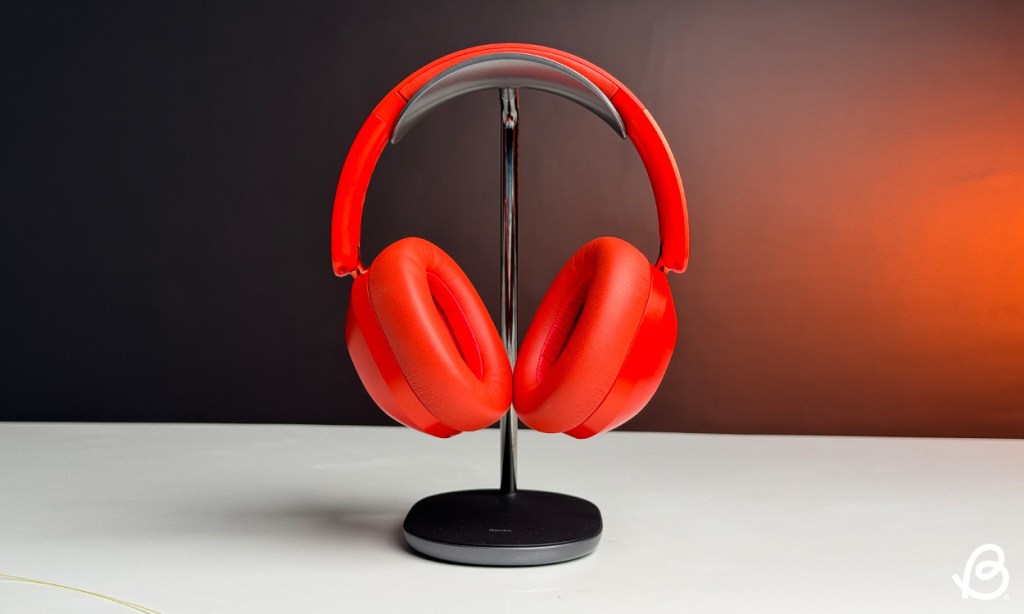
Realme TechLife Studio H1’s are a good first attempt on the company’s part and if they released it as an experiment to see if people would be open to this kind of product from them then I’d say it was a good try. For a first-time product, I quite like these headphones, as their sound and build are pretty good for the Rs 4,999 price.
However, there are some issues that could have been tweaked with an update, had it come with a companion app. I personally wouldn’t use them, just because of this. Learning all its controls is not an easy thing to do, and I don’t expect others to exercise that either. It is a bizarre situation since the company does have the Realme Link app for its TWS and other accessories. So, why couldn’t they add support for these headphones?
These issues would hinder my day-to-day experience, which is too much to give up for good sound. Maybe next time’s the charm?